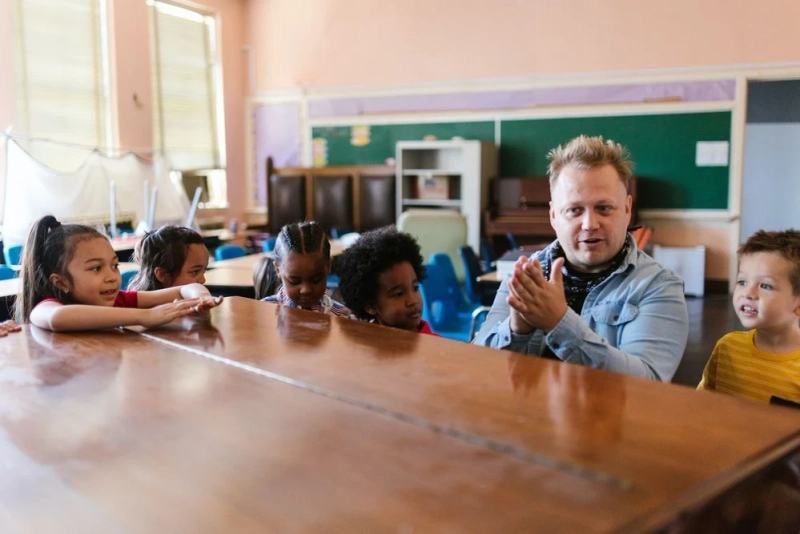"I am the future." Can you read that? If so, you should thank your elementary school teacher.
Reading, counting, writing, discerning right from wrong, and all other essential things are learned in school through the years of being a child. Aside from learning from home, elementary education is the best place to enrich the youth and learn social skills that they will need as they grow older.
If you have noticed, not all schools have the same curriculum. Some are special science elementary schools, and some have assisted learning that caters to the child's needs. You may ask, "why does education in elementary school need to be different?" or, "Why not be consistent and treat all the pupils the same?". The answer is simple.
Each student is unique. Some understand quickly, and some just need a little push. Ultimately, education in the elementary years serves as a guide in your child's development. Therefore, early education must be given priority until they can stand on their own. And when the time comes, your children will succeed you and become an active part of society.
Childhood Education
Childhood education or early education is when a child learns basic knowledge until age 8 to 10. Aside from the primary technical education, this is the stage where your child develops skills essential to daily living, social norms, judgment, and reason, and learns how to discern right or wrong.
In fact, authors Arthur Rolnick and Rob Grunewald wrote that "the capacity for an adult to contribute to society can be traced back to their early childhood years." The first few years of a child are when they undergo tremendous growth and change. These factors include support for development in cognition, language, motor skills, adaptive skills, and social skills. These factors are an integral part of a child's early education.
Importance of Early education
George Orwell, an English novelist, emphasized the importance of education. Quoting, "If people cannot write well, they cannot think well, and if they cannot think well, others will do their thinking for them." You can imagine the education system as building blocks that stack together to reach a certain height. And if you're missing a block, you're missing out on the opportunities and privileges in life. What's worse is, as Orwell said, someone, will take advantage of you since they know better.
Studies have shown that a child's brain grows and learns rapidly from birth until the age of 8. And along with the rate, learning comes very easy. In fact, you can see this process in action. Children easily imitate what they see and do things that may surprise them. With this advantage, it's best to build a solid foundation in this stage.
Overall, numerous studies have shown that the better foundation your child has, the more likely they will find success. And on the contrary, when your child has struggled in learning due to poor early childhood education, the more they give up. This is another reason it is crucial to have a solid foundation in early childhood education because it protects your child against falling behind.
Investment in the Economy
A person's income is often linked to their educational attainment. If you get a degree or a diploma, you'll likely land a job that pays well. If you look at it in the big picture, each attained individual education sums up an educated population that reflects the nation's economy. And according to studies, countries with the highest literacy rates are more likely to progress in economic development.
Investment for the Future
Let's go back to George Orwell's quote. He emphasized that the more educated the person is, the more they will be able to think for themselves and become a more productive part of society. And the more people become a part of a productive society, the more economic success will be brought.
With this analogy, early education supplies a person with primary, essential education that serves as a foundation for molding their knowledge and character.
Education as a Seed
Investment in early education is not like the concept of money investment, but rather like cultivating a seed. The more effort in ensuring that your seed gets enough nutrients, the more likely your seed will grow and turn into a plant. And eventually, your plant will provide fruitful benefits and become an integral part of the ecosystem.
So, if your child is immersed in the early stages, they are more likely to succeed in school and contribute to society.
Key Takeaway
Elementary education plays a critical role in a person's life. As the foremost phase of a child's education, this stage engages your child to learn reading, writing, arithmetic, and creativity. And aside from the technical instruction, your child learns how to get along with other children, building communication and socialization skills.
In short, early education is essential to your child's initial stages of development. This, in turn, guides your child to be an active part of society.
0


